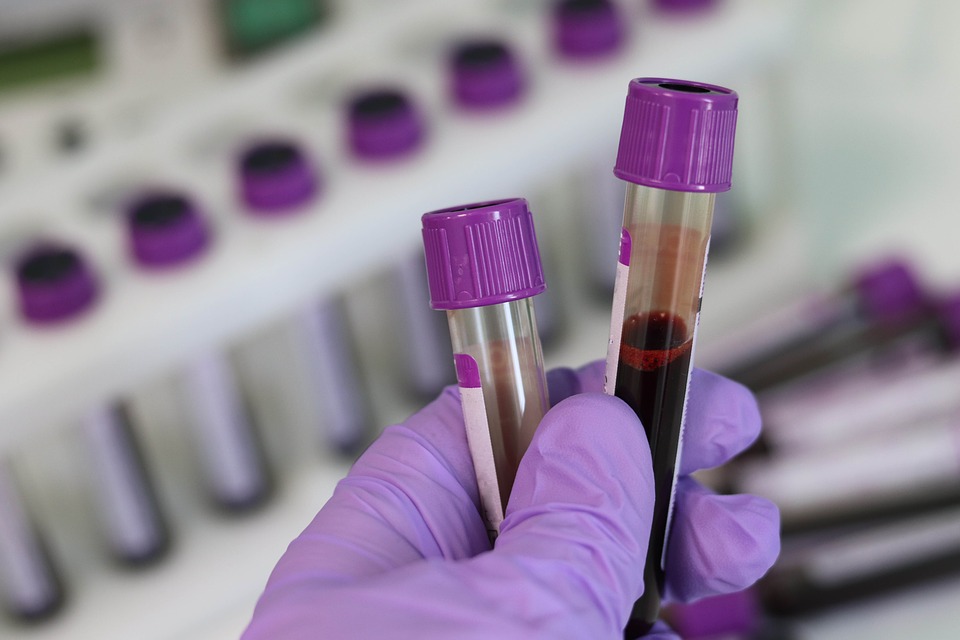
Nipah could be back; here’s what you need to watch out for
The virus spreads fast, mutates rapidly, kills quickly, and there’s no vaccine yet; so, prevention will be your safest option

Even as Kerala is still facing the onslaught of COVID, another virus — Nipah — is back to haunt the state. News of a 12-year-old boy succumbing to Nipah brought back memories of the havoc the disease wreaked on Kerala about three years ago. The fact that the Nipah virus mutates rather quickly, and there is no vaccine for it yet, only makes it all the more lethal.
What exactly causes the viral disease, how far can it hurt humans, and what can you do to prevent an infection?
The cause and symptoms
The Nipah virus (NiV) causes a zoonotic disease — that is, it is transmitted from fruit bats, the natural hosts, to humans. This transmission can either be direct or indirect. According to Trutest Laboratories, direct transmission happens through the consumption of fruit or date sap contaminated by infected fruit bats.
Also read: Alert after 12-year-old boy dies of Nipah; two with symptoms isolated
Indirect transmission is said to happen via aerosolised respiratory secretions of infected animals such as pigs. Additionally, direct human-to-human transmission can occur, which explains why hospital workers tending to Nipah patients are recorded to have caught the disease, often fatally.
Medical professionals say the incubation period is typically 5-14 days, after which the patient gets symptomatic. Fever, headache, nausea and syncope (fainting) are some of the common symptoms, though stomach-ache, vomiting, choking, and blurred vision are also known to occur.
If untreated, the patient may slip into coma very shortly after the onset of symptoms. Additionally, he/she may contract a secondary infection such as encephalitis, which affects the brain and can be fatal if not treated quickly and adequately.
How is Nipah diagnosed?
A combination of tests is normally undertaken to confirm the presence of NiV. “Virus isolation attempts and real time polymerase chain reaction (RT-PCR) from throat and nasal swabs, cerebrospinal fluid, urine, and blood should be performed in the early stages of disease,” says Trutest Laboratories. “Antibody detection by ELISA (IgG and IgM) can be used later on. In fatal cases, immunohistochemistry on tissues collected during autopsy may be the only way to confirm a diagnosis.”
It further says molecular diagnosis can enable early detection of the virus. This helps isolate the patient and thus prevent its spread to medical professionals and family members. Similar to COVID, once a person is diagnosed with NiV, his/her family members need to be screened, too. The virus may even affect them months after exposure.
India and the virus
According to the Centre for Disease Control and Prevention (CDC) of the US, the NiV was first discovered in 1999 following an outbreak of the disease in pigs and people in Malaysia and Singapore. About 300 human cases and over 100 deaths were reported. More than 1 million pigs were killed to help control the outbreak.
Since then, there has been no documented case of NiV in Malaysia and Singapore. However, “outbreaks have been recorded almost annually in some parts of Asia since then — primarily in Bangladesh and India”, says the CDC.
In 2001, the first outbreak occurred in India in West Bengal, attributed solely to fruit bats. The state saw another outbreak in 2007.
The biggest outbreak till date in India happened in Kerala in 2018, and was again traced to fruit bats. The infection was largely localised in Kozhikode and Malappuram districts, claiming 17 lives. Over 2,000 people in the two districts were reportedly quarantined during the peak of the outbreak.
What can you do to prevent it?
The precautions are more or less the same as for other viral infections. The main ones are:
- Maintain personal hygiene and practise intensive hand washing practices.
- While consuming raw fruits, take care to wash them thoroughly. Make sure the food you eat is well cooked and hygienically prepared.
- Use a face mask while travelling or in public places.
- Be additionally careful if you come in contact with pigs and pig handlers.
- Watch for symptoms and report to a medical professional at the slightest hint of the disease.

